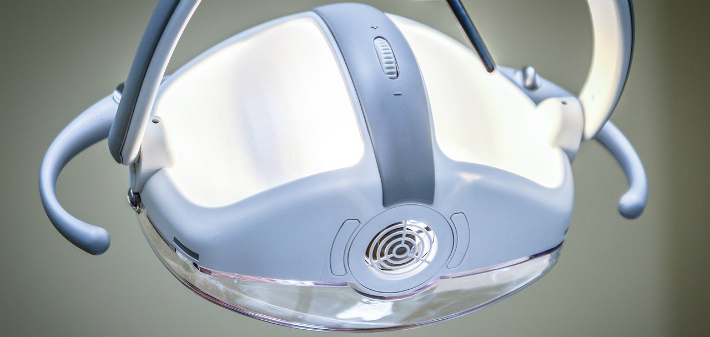Once you discover a cavity and have it filled, your dental care does not stop there. To make your dental fillings last, take special precautions to protect your teeth.
Good dental health requires more than regular brushing and flossing, and even the most diligent dental patients are not immune to cavities. To maximize your oral health and hygiene, check regularly for cavities. Then contact your dentist if you think you need a dental filling and learn about how to take care of your fillings for the rest of your life.
How Do I Tell If I Have a Cavity?
Many adults fail to notice cavities early on, giving tooth decay time to spread. To catch cavities as early as possible, watch out for:
- Sensitive Teeth– Enamel protects your teeth from pain, but cavities cause enamel to decay. If your teeth regularly hurt while eating or drinking, or when exposed to very low or high temperatures, you may have a cavity.
- Toothaches– Persistent tooth pain may indicate that bacteria has infected your gums and nerves, posing a serious oral health risk.
- Discoloration– Inspect the surface of your teeth regularly for dark spots, which may indicate decay.
- Bad Breath– Serious cavities cause bacteria to multiply in your mouth, creating a foul odor. If you have perennial bad breath that no mouthwash can cure, you likely have a cavity.
If you think you have found a cavity, schedule a dentist appointment as soon as possible. Your dentist can confirm if you have a cavity and determine the appropriate treatment. Note that the longer you wait, the more likely you are to cause damage that may require a crown, root canal, or even extraction.
What Do I Do After My Dental Filling?
Although dental fillings provide effective pain relief and can restore damaged teeth, they create a new set of dental hygiene concerns. This is particularly true if your dentist gives you a temporary filling.
Dentists usually install temporary fillings to help the tooth heal before fixing more serious problems. After a temporary filling, follow your dentist’s instructions and keep all follow-up appointments that he or she suggests. Whatever your specific dental issues, make sure to schedule a long-term filling within two months, as most temporary fillings will have broken or fallen out by that point.
Even long-term fillings eventually break down. Depending on the material used and how well you care for your teeth, fillings can last 15 years or longer. To extend the life of your fillings, make sure to:
- Schedule regular dental checkups
- Floss daily
- Brush your teeth with fluoride toothpaste, and ask your dentist about professional fluoride treatments to further protect your enamel
- Try to avoid grinding your teeth, and ask your dentist about a mouth guard to reduce nighttime grinding
- Rinse your mouth with acid-reducing mouthwash, which will prevent bacteria from growing around the filling
- Inspect your dental fillings regularly to make sure they have not become cracked, loose, or lined with debris
If you think you need a dental filling in Little Rock, schedule an appointment with Arkansas Family Dental at 501.683.8886. Our staff of dental professionals provide the highest level of care for patients of all ages.

